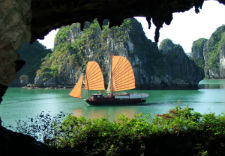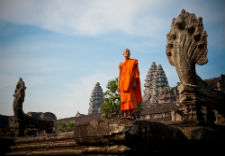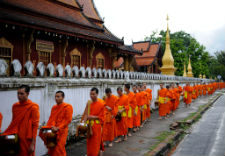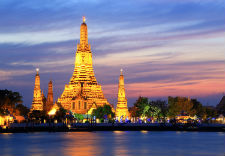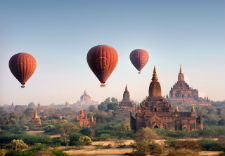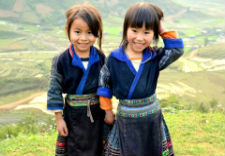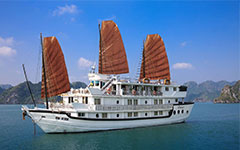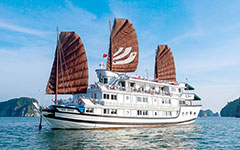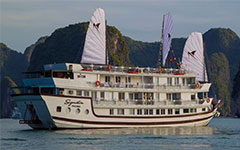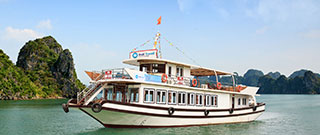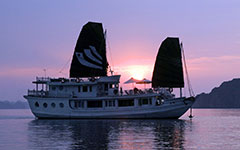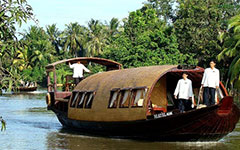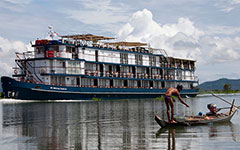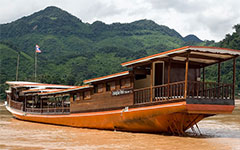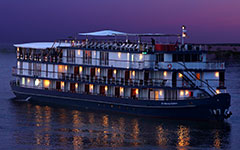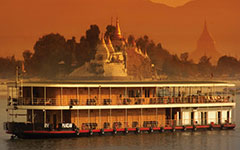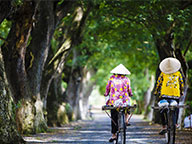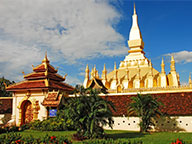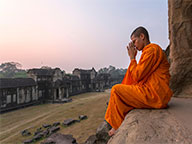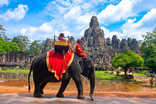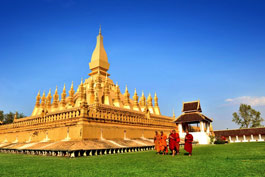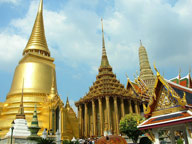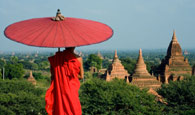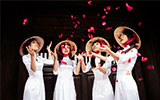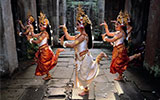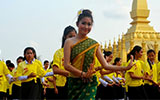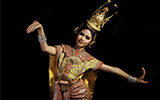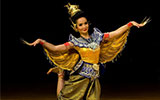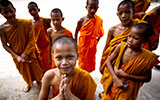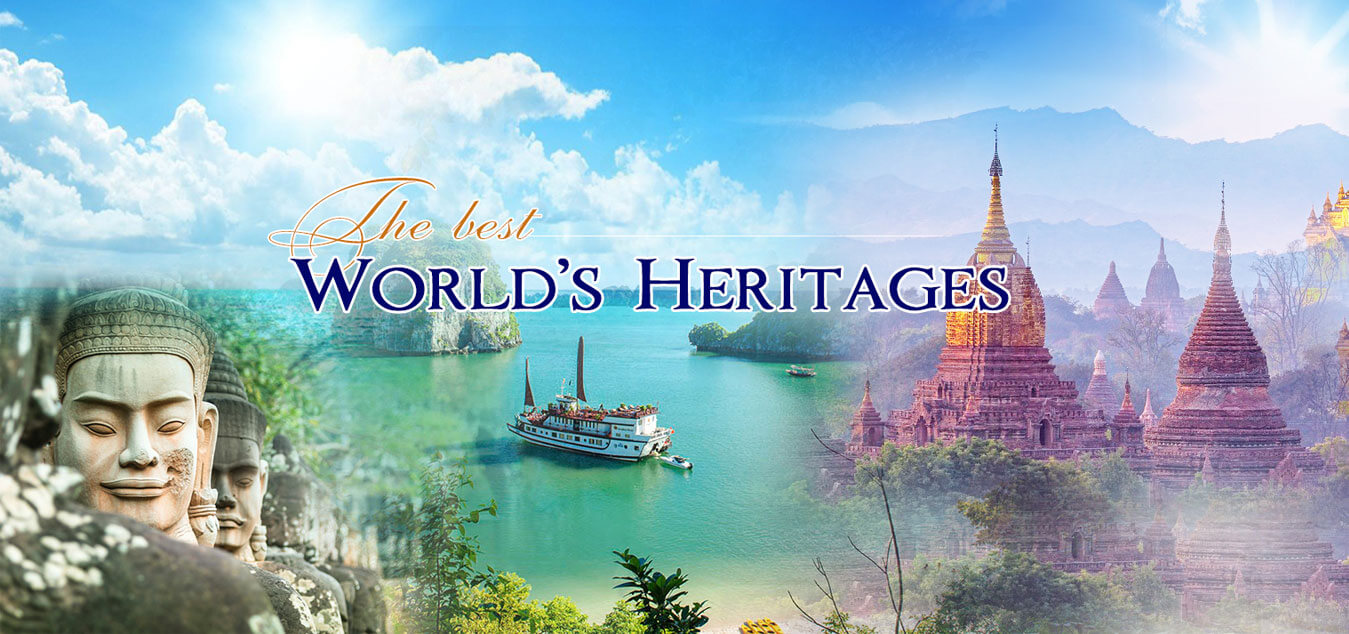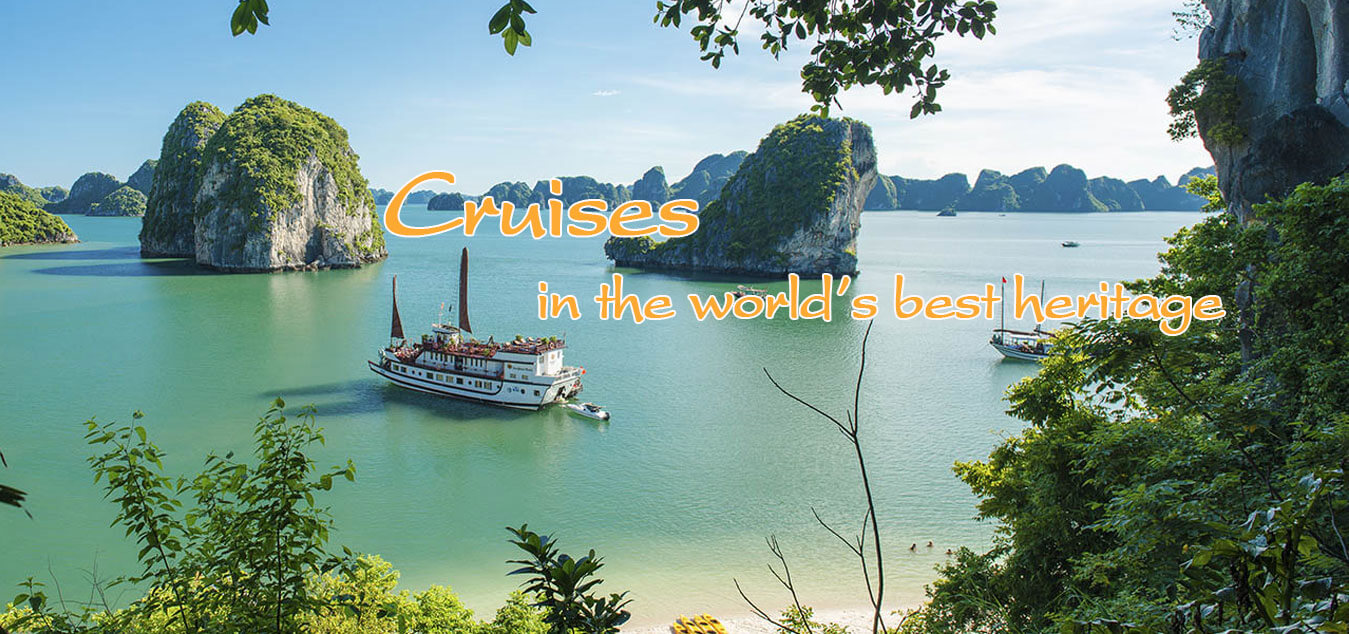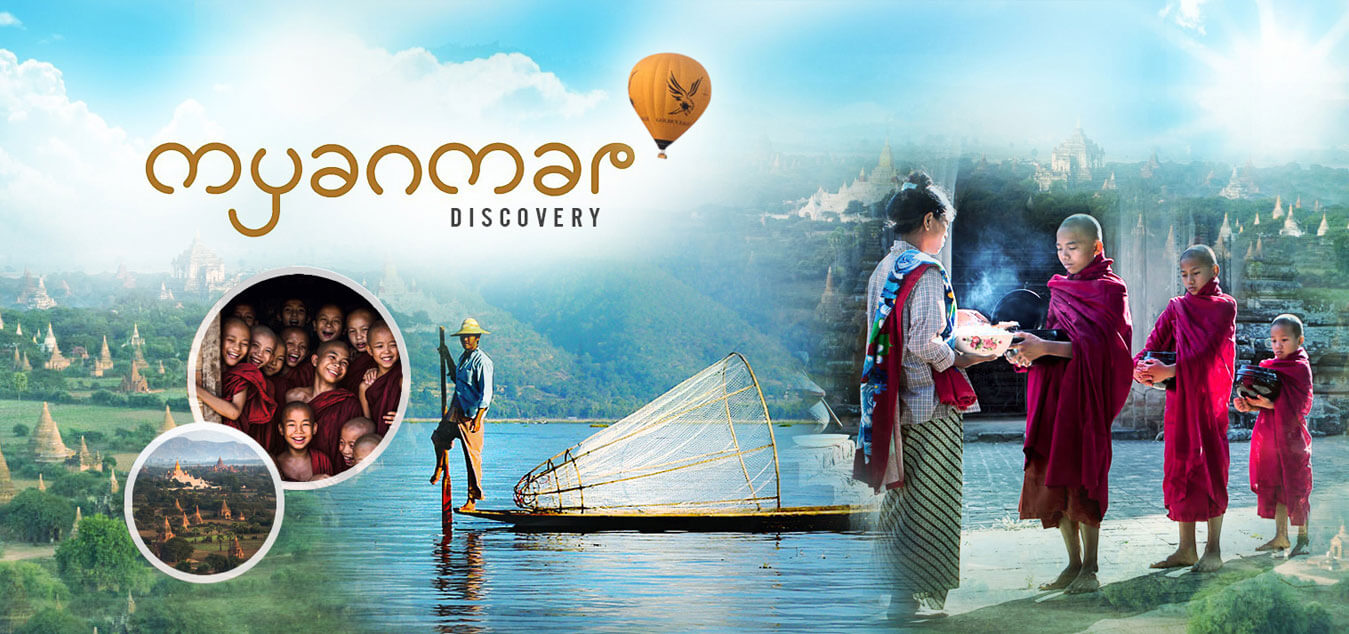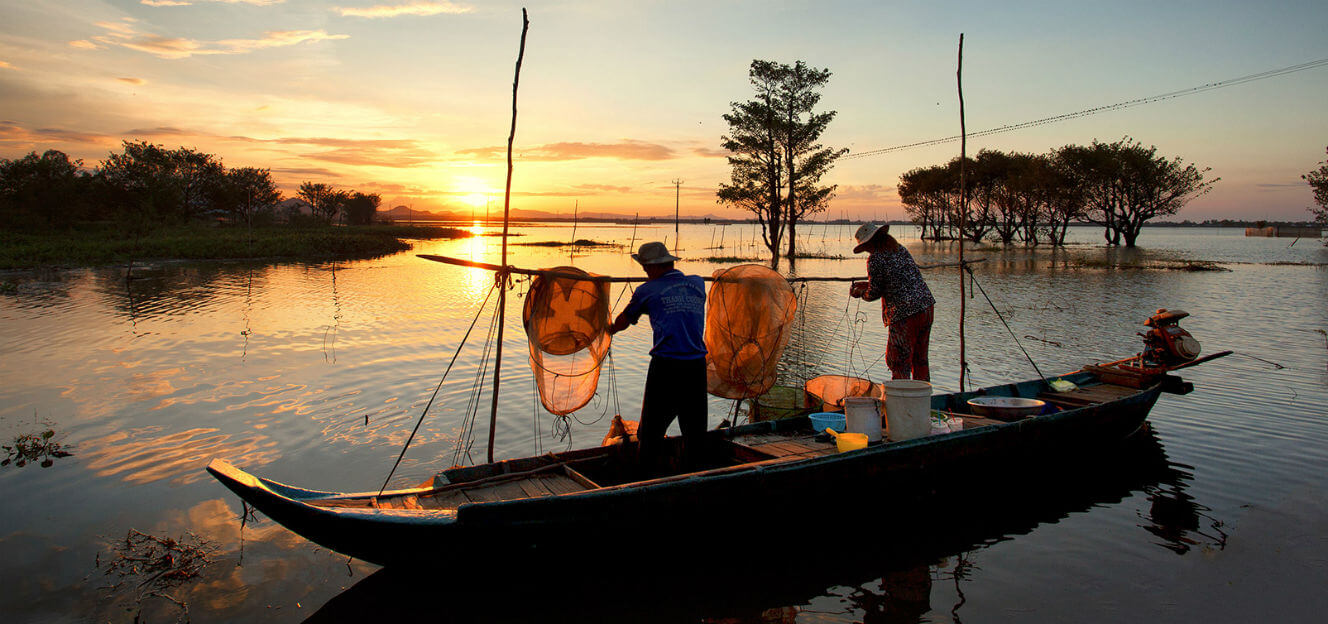Safety & Security
Political Situation
Burma held parliamentary elections on 8 November 2015. The National League for Democracy (NLD), led by Daw Aung San Suu Kyi, won a majority of seats and formed a government in April 2016. Burma’s military retains 25% of seats in parliament as well as various other political offices.
Burma has suffered from prolonged internal conflicts, involving a number of non-state armed groups from Burma’s ethnic States. In October 2015 the government signed a National Ceasefire Agreement with 8 (roughly half) of the armed groups. Many others have bilateral ceasefire agreements with the government. There is no formal ceasefire as yet in Kachin State. In northern Shan State, Kokang Self-Administered Zone is not under ceasefire. The possibility of violent clashes remains in all ethnic States including Shan, Rakhine, Chin, Kachin, Kayah, Karen, and Mon.
Censorship has been significantly eased. New legislation passed by Parliament offers greater freedoms of assembly and movement, and the right to form trade unions.
However, the political situation remains potentially unsettled. Restrictions on freedom of speech, movement, religion, and political activity remain, and foreign nationals have been arrested, imprisoned and deported in the past for criticising the government in public. Avoid all demonstrations and large gatherings. Don’t take photographs or videos of the police, any demonstrations, military installations or military personnel.
CRIME
There are no accurate crime statistics, but anecdotal evidence suggests that there have been occasional instances of violent crime against foreigners, including muggings, burglaries and petty thefts. Homes occupied by foreigners and hotels have been targeted in the past. You should take extra care of your belongings and take sensible security precautions at all times.
The vast majority of people in Myanmar are friendly and helpful,
In all the areas that foreigners are allowed to visit, Myanmar is very safe in terms of personal security: incidents of crime against foreigners are extremely low and Yangon is considered to be one of Asia’s safest large cities, with no areas that need to be avoided.
You may sometimes be approached by money changers and people trying to sell things (their statements should not always be taken at face value), but this will usually be done in a good-natured manner. In fact, you will often find that people approaching you simply want to take the opportunity to talk to a foreigner and maybe practise their English.
Traveling around
- Roads, pavements and many types of transport are generally in a very bad state of repair. Cars are sometimes driven with little thought to road safety or discipline and vehicles are often driven at night without their lights on.
- When walking, particularly at night, you should be careful where you step. Pavements can have big holes in them and, because of bad lighting and frequent electricity black-outs, taking a torch is a good idea
- It is advisable to avoid large public gatherings and demonstrations, as there is always the outside possibility of clashes and violent incidents.
- Myanmar has some poisonous and potentially deadly animals – be aware of them! Diseases such as rabies are prevalent amongst animals like dogs and monkeys, and can be extremely dangerous for humans. Snakes bites can also cause illness and death.
- Some parts of Myanmar, particularly border areas, are held by independent national groups that have been at war with the government for many years, Travel to these areas is highly restricted, and roads throughout Myanmar have regular checkpoints for identification purposes
Transportation
- Yangon is Myanmar's largest city, and do not allow the use of motorcycles. So you can not go shopping by motorbike.
- You can not catch a metter taxi to travel around the city
- You can travel by the cyclo , means xiclo (a 3 wheel bike paddled by a local), instead of having a car hire or walking.
